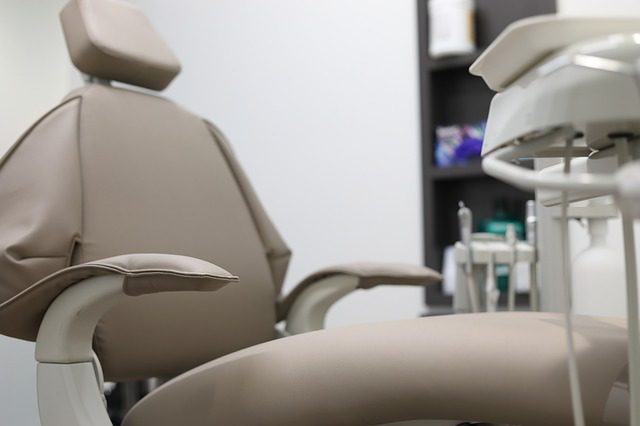Wisdom teeth usually develop sometime in your late teens to early-20s. If you are one of the lucky few, your wisdom teeth might not come in at all. But if you aren’t, chances are your dentist will recommend having your wisdom teeth removed by a wisdom teeth removal doctor. Wisdom tooth removal is a highly specialized type of oral surgery that requires a maxillofacial surgeon. Your dentist won’t be able to perform the surgery themselves, so they’ll likely have a local oral surgeon specializing in wisdom teeth extractions who they recommend their patients to.
Wisdom teeth are the third set of molars in the back of your mouth. When they come in, they often cause all sorts of problems. They can crowd out other teeth in your jawbone. Sometimes they are impacted and don’t fully emerge from your jawbone. Since wisdom teeth are so far back in your mouth and harder to brush, they are also prone to cavities.
Some People Don’t Have Wisdom Teeth
Like we said, some people are lucky enough never to develop wisdom teeth. About 5 to 37% of people are missing one or more of their third molars. This is most likely to do with genetics. If your parents never got their wisdom teeth removed, you may be off the hook.
An oral x-ray can show whether or not your wisdom teeth are coming in. You might also feel pain from the pressure of the wisdom teeth as they grow; it’s almost like going through the teething process again. Just keep in mind just because you don’t see any wisdom teeth or can’t feel them with your finger doesn’t mean they don’t exist. The wisdom teeth may be impacted — growing underneath your gum line, which can be even more of a problem, like infections that can spread to the jaw.
The ideal situation, aside from just not having any wisdom teeth, is that your dentist catches them on an x-ray before they need removed, you later start feeling them come in at the back of your mouth, and then an oral surgeon performs your wisdom tooth extraction before they’re fully formed and rooted.
When is Wisdom Teeth Removal Necessary?
Very often, wisdom teeth don’t have enough room to grow and can cause problems with your jaw and surrounding teeth. Your wisdom teeth may grow out in the jawbone at all sorts of angles — even horizontally. This may result in infection or can cause a cyst that can damage other teeth roots or bone support.
Wisdom teeth that are left to fully erupt will often crowd nearby teeth. In fact, they can even damage other teeth. That’s why we often recommend wisdom teeth removal, to avoid issues with other teeth. It’s about mitigation – the lesser of two evils: undergo a simple wisdom tooth removal surgery at the appropriate time and prevent potential problems that could result in a much more invasive mouth surgery down the line.
When to Have Your Wisdom Teeth Removed
Most wisdom teeth removal dentists will recommend you have the procedure in your late teens or early 20s. This is usually the age when wisdom teeth start emerging through the gums. But depending on the structure and growth of your teeth, we may recommend having your wisdom teeth removed earlier.
But even if, for one reason or another, you didn’t have your wisdom teeth removed when you were young, you can have your wisdom teeth removed later in life. There are still benefits, but you’ll likely face a longer recovery. Waiting to have your wisdom teeth removed can also lead to more serious teeth issues down the road.
What to Expect from Wisdom Teeth Removal
Your wisdom teeth removal doctor will likely put you under general anesthesia or intravenous sedation to prevent you from feeling discomfort. Dr. Puckett is licensed to administer all forms of anesthesia: you can be completely asleep, awake but so sleepy you won’t remember the procedure, or effectively numb so you feel no pain. We can talk about your anesthesia options at your first appointment.
The length of the procedure will depend on how many wisdom teeth you’ll have removed, as well as if any of them are impacted. The surgery can take anywhere from an hour to several hours, but it won’t be a mystery – the oral surgeon performing your wisdom tooth removal will have a good idea of how long the surgery will take, and tell you beforehand.
The surgery itself is a piece of cake — you’ll likely have no memory of it. What does take a long time is the recovery process. Go easy on yourself. Plan to take the next day or two off. Get some sleep. Take your pain medication. Eat soft foods like ice cream and Jell-O, and stay away from straws, popsicles – anything that requires you to use suction. You should be feeling yourself again after a few days. And in the meantime, don’t be afraid to call us with any questions or concerns.








